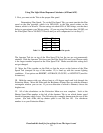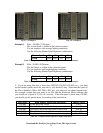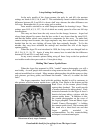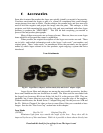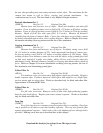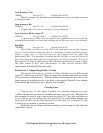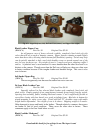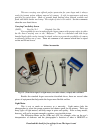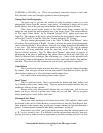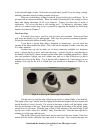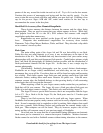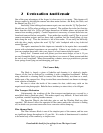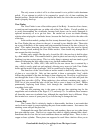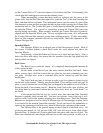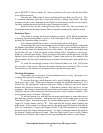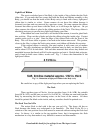Download this book for free at http://www.TheArgusA.com/
38
AVERAGE or CLOUDY, etc. These are notoriously inaccurate factors to deal with.
Still, the meter works well enough to produce a decent photograph.
Vintage Book On Photography
One great way to get into the mindset of using an antique camera is to read
photographic books from the camera’s time period. In addition to being full of great
period pictures, they offer great tips and techniques that were popular at the time.
There were several books written in the 1950s about Argus cameras, but the
author has only found one which mentions any of the Argus A line. The earliest editions
of “The Argus 35mm Guide”, by Dr. Kenneth Tydings, S.P.E., lightly touch upon the
Argus FA. The majority of the book is spent discussing the more popular Argus cameras,
such as the C-3 and C-4, and the “Safe-Set” formula devised by Dr. Tydings.
The best vintage photography book is the “How To Make Good Pictures” series
of books by the good people at Kodak. In order to educate the public about photography
(and to advertise Kodak’s fine products), this book was widely printed and distributed at
a low price. The earliest editions were printed in the 1920s or 30s, and an updated
version was still being published, under the same title, in the 1990s. While it only
discusses Kodak products, “How To Make Good Pictures” talks about all aspects of
photography at the time of publication, like yellow filters for black and white film, red
filters for infrared films, techniques like silhouetting, etc. Copies of this plentiful book
can be easily found at photographic shows/swap meets, used book dealers, flea markets,
and eBay. They don’t cost 50¢ anymore, but you can easily get them for under $10.
Cable Release
This is a relatively simple invention that allows you to fire the without disturbing
the camera. One end gets screwed into the aptly-named Cable Release Socket, and the
other end has a button on it. Press the button and the shutter fires.
Use a cable release when taking pictures from a tripod.
Small Tripod
They’re small and cheap. Most cost between ten dollars and thirty dollars, and
are available at almost any camera shop. They are particularly helpful because they are
unobtrusive and can fit into a pocket.
Beware of the truly cheap models because they are really junk. Ask to see one
before you buy it, and try to get the most stable one you can find. This is one place
where spending a few extra dollars won’t hurt.
Mechanical Self-Timer
These were small mechanical self-timers used in the 1950s and 60s, which could
be attached to the end of a Cable Release or screwed directly into the Cable Release Port.
Once attached to the camera, they would wait a certain amount of time and then take a
picture. Common brands include Kodak, Haka (AutoKnips), and Kopil.
Some timers even allow you to take timed exposures when the camera speed is set
to “B”; up to a second or two. It is difficult to set the exposure time precisely, however,
because you have to make successive adjustments to the timer settings until you are close



